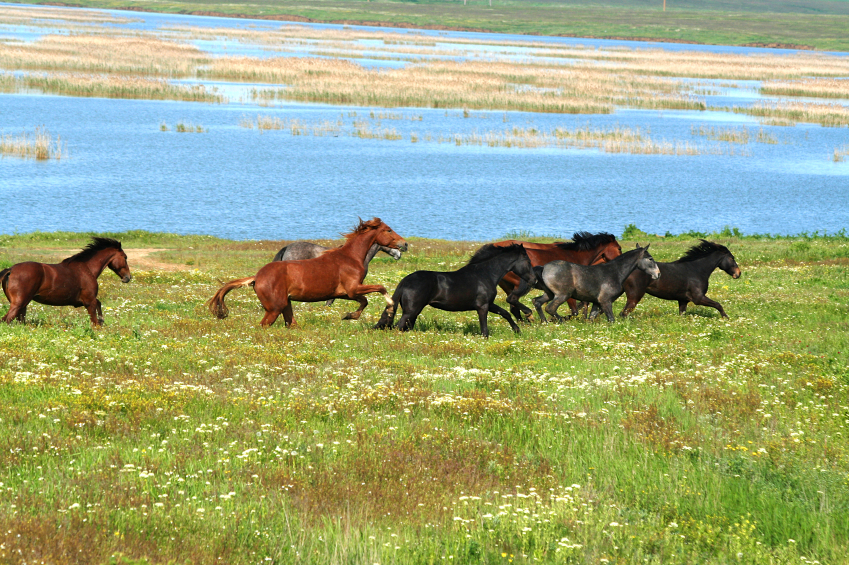It’s really impossible to overstate the importance of setting in your story. Setting is not just the environment in which your characters exist, but also includes the historical time in which your narrative unfolds.
Where are your characters? When is your story taking place?
The answer to these two questions can provide you with a rich backdrop for your action, can influence plot, and create tons of conflict for your characters. Grounding your readers or viewers in time and place is key to establishing authenticity, authority, and interest.
Here’s how to create a memorable setting.
Pick or create a specific place. Not just “an urban city.” Chicago. New York. Philadelphia. Not just a rural “village”, but Basalt Idaho, or Cottageville South Carolina. If you are writing in the sci fi genre and creating a place, make it specific. You’ll have to invent not just the visual world, but the mores of this created world as well.
Know this place, inside and out. If you’ve never been there, go there. If you can’t go there, do research– look at photos or watch films shot in this setting. If you’re inventing a place, make drawings so you know the layout of the houses, or palaces, or caves, or city. Geography is important, and if you don’t know how the environment is laid out, you can’t describe it in your pages.
Think about your setting as a character. Let it push and pull your protagonist. For tips on how to do this well, watch Woody Allen’s MANHATTAN. Or the movie THE MARTIAN. Or read the THE LION, THE WITCH AND THE WARDROBE by C.S. Lewis. In these stories, setting is elevated to the level of major player.
Use your setting to create conflict. Are there freezing ice storms or altitude issues that will prevent your hero from achieving his or her goal of climbing Everest? Are there social conventions that stop your heroine from getting that corporate CEO position she covets? Use the physical or social features of this place to generate obstacles.
Pick a juicy “time” to set your story. If it’s set in the present day, how can contemporary attitudes or social/political forces create drama or comedy? If it’s set in the past, what specific attitudes or social norms can create problems? Once you pick your time, do some research. Know what music was popular, how people dressed, what they ate, and how they spoke and interacted. Part of what makes THE AGE OF INNOCENCE by Edith Wharton such a devastating book is the way all the social prohibitions of the time prevent the characters from achieving true happiness.
Use all five senses to describe your settings. Sight, sound, smell, taste, and touch. If you’re a screenwriter, you’ll only be able to describe your character’s physical reactions to taste, touch and smell. But action can be employed powerfully to reveal the character’s relationship to and feelings about the environment. Prose writers, go crazy! You may have to trim your descriptions back a bit as you revise, but give us a clear sense of place through the use of all your character’s faculties.
Here is a great description of setting from Wes Anderson’s screenplay, THE GRAND BUDAPEST HOTEL.
“INT. STUDY.DAY
Twenty years ago. A cluttered office with French windows and ornate mouldings. There are books in shelves and stacks, first editions, dictionaries, dime-store paper-backs, translations in numerous languages. There is a typewriter on the desk and an extensive collection of literary prizes on a bureau.”
See how we get a sense of time, place and character? We know, just from this simple description, that the owner of these books loves all kinds of writing, and is an accomplished writer himself.
Here’s an example of great prose description of setting from Cormac McCarthy’s ALL THE PRETTY HORSES.
‘That night he dreamt of horses in a field on a high plain where the spring rains had brought up the grass and the wildflowers out of the ground and the flowers ran all blue and yellow far as the eye could see and in the dream he was among the horses running…”
Again, we not only get a vivid sense of the physical environment, but of character, as he’s dreaming of being wild and free, like the horses…
Take Action! Is your setting specific? Have you done research? If you made up the setting, is it fully three-dimensional with physical and social/political attributes? Are you using your setting to create conflict? Have you specifically chosen a “time” for your story that will give you maximum dramatic or comedy juice? Do you use all five senses to ground the reader in your locations?
Setting is a key element in your story. Have fun developing and writing it!
xo Pat
Sign up here for my free weekly writing tips and inspiration!


